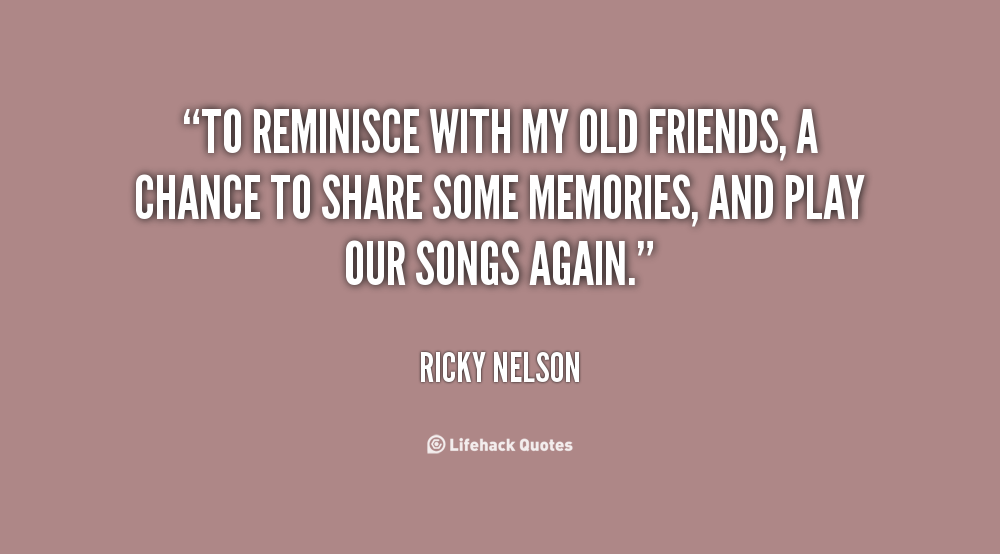

Educators’ qualitative explanations suggested several important reasons to engage children in reminiscing, including to bond, establish home-centre connections, build children’s socioemotional competence, reflect on ‘centre life’ and support intentional learning activities. The act or process of recollecting past experiences or events.

Popular times included arrival (67.7%), meals (65.7%) and group/circle time (58.2%). Reminiscing, or sharing memories from the past, is an enjoyable way to connect with someone with Alzheimers or dementia. While individual differences were apparent, more than 85% of educators reporting engaging children in reminiscing multiple times per day. Educators completed an online survey asking them (i) the number of times per day they engaged children in reminiscing, relative to other types of talk, and (ii) the times and places these reminiscing conversations were most likely to occur. Participants included 251 Australian educators with 1–45 years of experience. It was a chance to get away, to talk about the future, reminisce about the past, and to simply enjoy each others company. According to the book, I Remember When: Activity to Help People Reminisce. Indeed, it was once thought that the tendency to dwell on the past. 2 Although reminiscing involves recalling past events, it encourages older patients to communicate and interact with a listener in the. What is Reminiscence If I hear Mother tell that story one more time Familiar words. Our aim was to explore when, how often, and why early childhood educators engage young children in reminiscing conversations. An example of reminiscence may be grandparents remembering past events with friends or their grandchildren, sharing their individual experience of what the past. Something as simple as recalling past experiences can also improve ones body. Reminiscence therapy is a nonpharmacological intervention that improves self-esteem and provides older patients with a sense of fulfillment and comfort as they look back at their lives. Little attention has been directed to reminiscing in educational contexts, however. When children reminisce with adults about their own past experiences, they are offered a rich forum in which to develop cognitive and socioemotional skills, build their sense of self, and form emotional bonds.


 0 kommentar(er)
0 kommentar(er)
